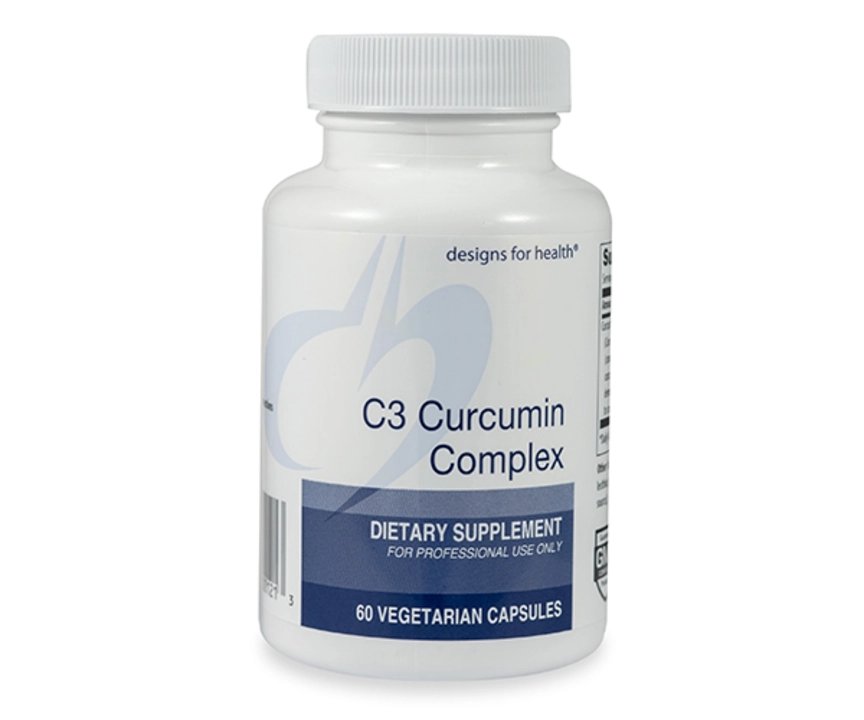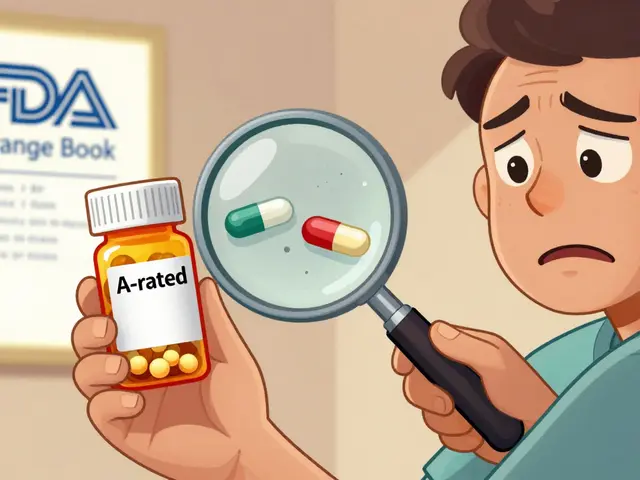Sulfur: What It Does and How to Use It Safely
Sulfur shows up in a lot of places — from acne soaps and dandruff shampoos to mineral supplements. If you’ve seen "sulfur" on a product label and wondered whether it’s worth trying, this page gives clear, practical info so you can make smarter choices.
Sulfur is a natural mineral. In skin care it helps reduce oil, unclog pores, and slow the bacteria that can worsen acne. In medicine you’ll also hear about sulfur in different forms — for example, sulfonamide antibiotics (often called "sulfa drugs") are not the same as elemental sulfur found in creams. That difference matters if you have allergies.
Common Uses and what to expect
Topical sulfur: You’ll find it in cleansers, masks, and ointments for acne, rosacea, and seborrheic dermatitis. Expect a dry, slightly gritty texture and a mild sulfur smell. It can reduce breakouts and flakes, but it may take weeks to notice steady changes.
Shampoos and scalp treatments: Sulfur can calm flaky scalps and reduce itchiness when used in medicated shampoos. Use as directed—frequent use can dry the scalp, so alternate with a gentle shampoo if needed.
Supplements and food sources: Some people take sulfur-rich supplements (like MSM) for joint or skin support. Whole foods—eggs, garlic, onions, and cruciferous vegetables—also provide dietary sulfur. Talk to a healthcare pro before starting supplements, especially if you’re on other medicines.
Safety, allergies, and practical tips
Allergy note: A reported allergy to "sulfa" drugs does not always mean you’ll react to elemental sulfur in creams. Still, if you have any drug allergy, tell your provider before trying new products. Stop use and seek advice if you get swelling, severe rash, or breathing trouble.
Skin care tips: Start slow. Try sulfur products every other day and watch how your skin responds. Use a moisturizer to counteract dryness. Avoid combining strong exfoliants (like retinoids or high-strength acids) with sulfur without medical advice—mixing can irritate skin.
Buying and storing: Choose products from reputable brands and check active ingredient amounts. Keep formulations sealed and store them in a cool, dry place to preserve potency.
When to see a doctor: If your acne is severe, painful, or leaving scars, or if a scalp condition won’t improve after a few weeks, see a dermatologist. If you have systemic symptoms after using a sulfur product—like fever or spreading rash—seek medical help right away.
Sulfur isn’t a miracle cure, but it’s a useful, time-tested option for many skin and scalp issues when used correctly. Want product ideas or step-by-step routines? Browse our reviews and guides to find options that match your skin type and needs.

The Untold Story of Sulfur: The Dietary Supplement That's Taking the Health World by Storm
I recently came across the untold story of sulfur, a dietary supplement that's making waves in the health world. It turns out that this often overlooked mineral plays a significant role in our overall well-being. Many people are now discovering the benefits of incorporating sulfur into their diets, including improved joint health, better digestion, and even detoxification. I was surprised to learn that sulfur deficiencies are quite common, which could explain the growing popularity of this supplement. If you're curious about trying it for yourself, it's definitely worth looking into this powerhouse mineral that's taking the health world by storm.
View More




